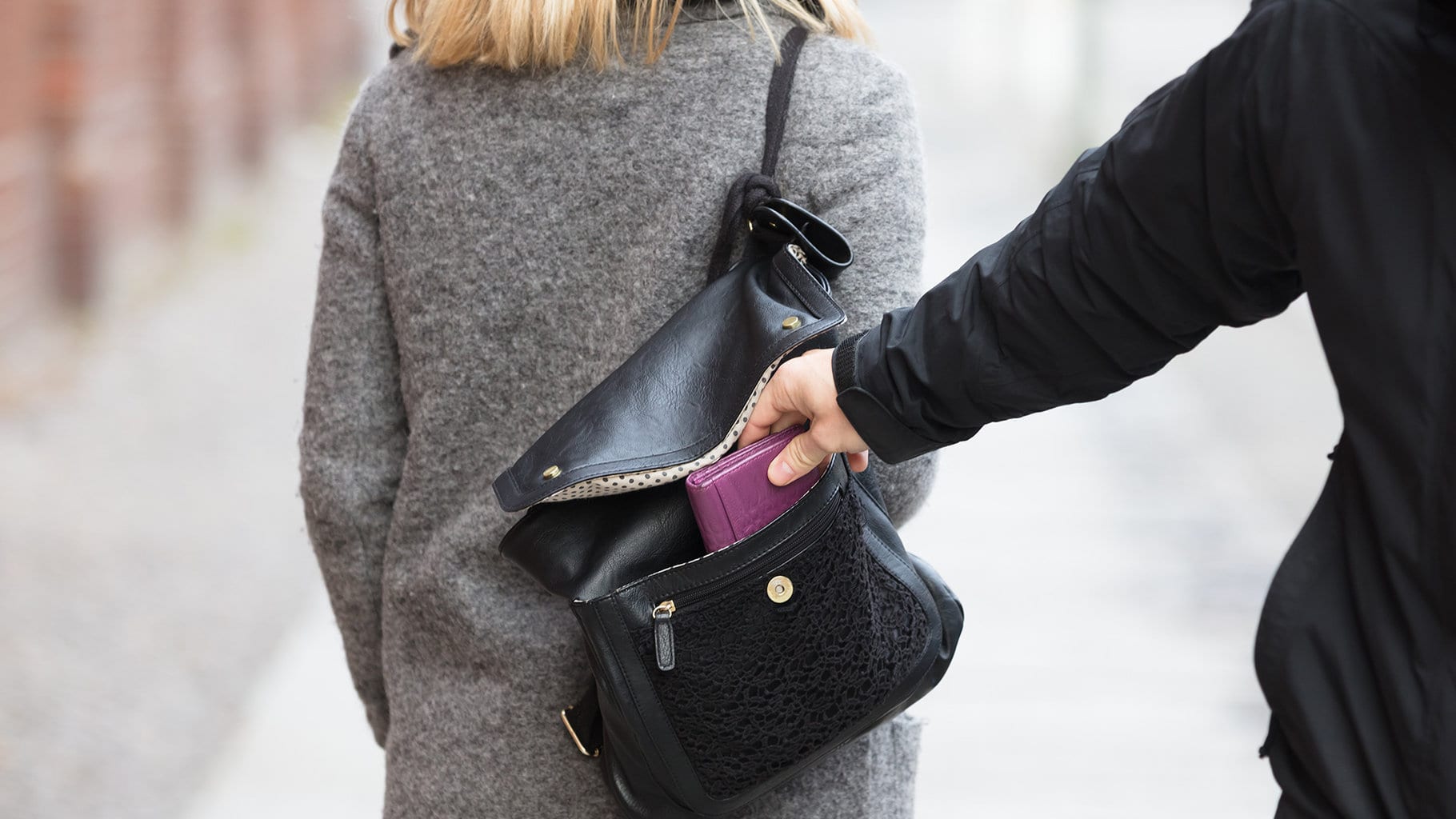Precautions While Traveling
Please enjoy this final article of our three-part series of articles about minimizing the international travel risks for monetary and identity problems – lost money or lack of access to funds, lost ID or passport, or lost time dealing with those problems.
This article, Part Three, offers tips for staying safe during your trip and actions for problem-solving. Also, read Part One and Part Two for pre-trip preparation measures.
Set out with the promise of returning home with wonderful memories.
Take these safety measures while traveling:
Be able to ask for help.
If you’re not fluent in the native language, keep a guide of phrases handy so you can ask for help. Bookmark this guide that lists common phrases for emergencies and the local medical, police, and fire emergency numbers (like our 911).
It’s a good idea to program numbers for emergency services, banks/credit card companies, travel contacts, etc., into your phone before leaving.
Protect your valuables.
Pickpocketing, especially of tourists, may be rampant in your destinations. If you’re not careful, your wallet and phone may be gone without you even knowing until you reach for them.
Your valuables can be easily snatched while you’re distracted. Practice these smart protocols to avoid becoming a victim:
- Stay alert in crowded areas and be acutely aware of people bumping into you.
- Always have a grip on your phone while in public. It’s best to keep it in a zippered pocket.
- Always have a hand on your bags while in public. DO NOT set them down anywhere or hang them on the back of a chair when dining. Secure the handles or straps under the leg of your chair.
- Always secure your purse or tote bag with at least one hand. Wearing a cross-body purse is a good protocol, especially one with a thick strap that can’t easily be cut or yanked off you.
- Wear backpacks in front (on your chest as some locals do) to prevent access to your valuables from behind.
- Travel with an RFID-blocking wallet and minimize the times you bring it out in public. Consider using a concealed pouch or money belt. The safety factor well outweighs the hassle of getting to it.
- Carry your passport and ID separately from your credit cards and cash.
- Minimize the amount of visible jewelry you wear.
- If using public transportation, carry your transit card separately from your wallet.
- If your hotel room has a safe, leave a credit card, ATM card, and cash behind while touring.
What if the worst happens?
Even with all these precautions, you may still be a victim of loss or theft. But, because you’ve prepared well and traveled smartly, you won’t have a reason to panic.
Follow the steps and advice below to remedy your situation and get on with your trip:
Wallet or Cards
- Refer to your list of wallet contents to know what is missing.
- Call your credit card company and bank to restrict access to your accounts, dispute fraudulent transactions, and request wired funds and/or a replacement card.
- Change passwords on ALL your accounts.
- Contact Experian, TransUnion, and Equifax via phone or online to initiate a fraud alert which is free for 90 days. You’ll be alerted if someone is trying to set up a new account or take out a loan in your name.
- If you are unable to get funds wired or through your bank, you can contact the U.S. Department of State’s Office of Overseas Citizens Services at (888) 407-4747 (or from overseas +1 202-501-4444). Their purpose is to provide emergency financial assistance for U.S. citizens abroad.
- Be wary of International Financial Scams described on the State Department’s website to be further informed and careful.
Phone
Pick up an inexpensive pre-paid phone to use for the rest of your trip. Also, you can make free or low-cost calls on a computer. Use a VoIP provider such as Skype.
Passport or ID
Contact the closest U.S. Embassy or Consulate if your passport has been lost or stolen. The State Department provides assistance for U.S. citizens who are victims of crimes overseas.
Best wishes for a safe trip and a lifetime of pleasant memories of your international travel. Enjoy your adventure!
Read Part One of this series to learn what actions to take well in advance of your departure date. Part Two offers steps to take closer to your departure date.

